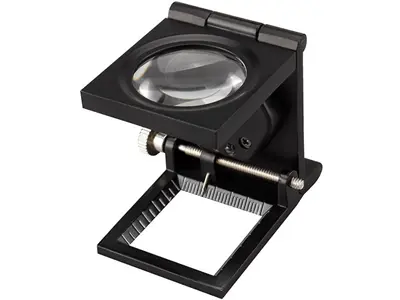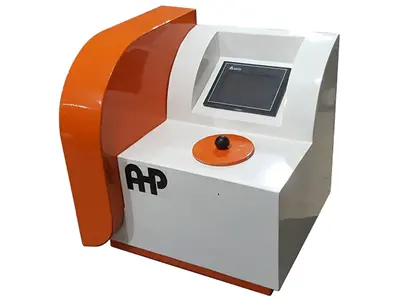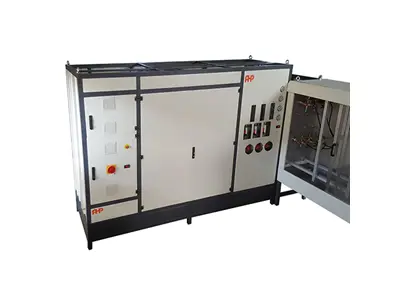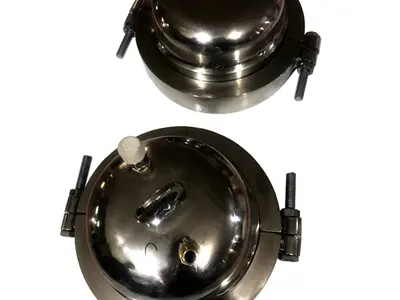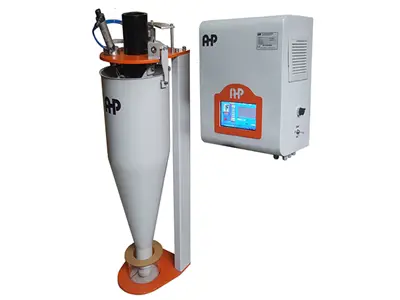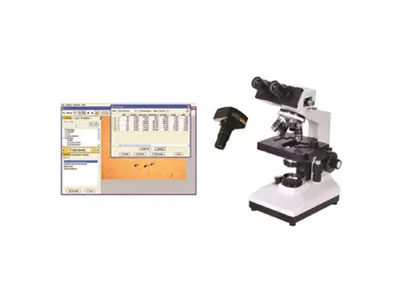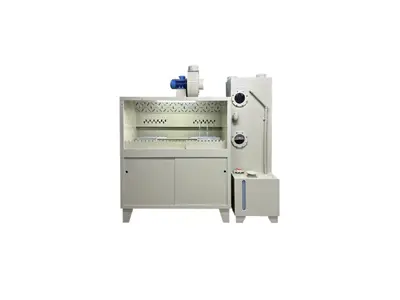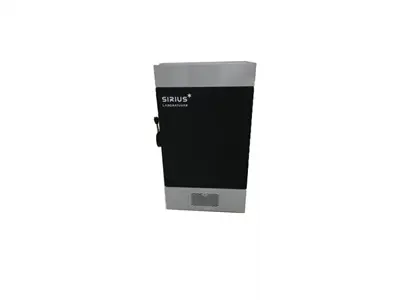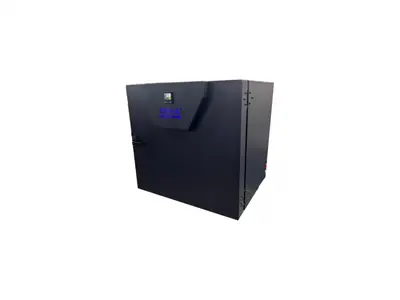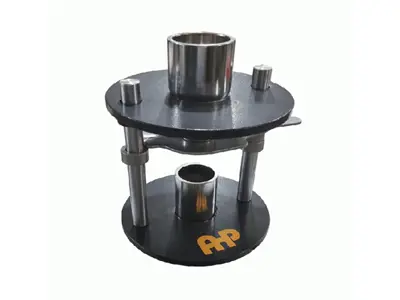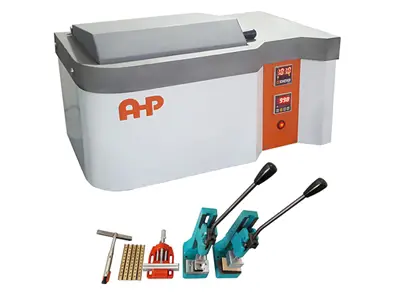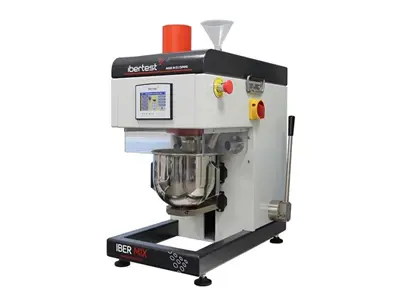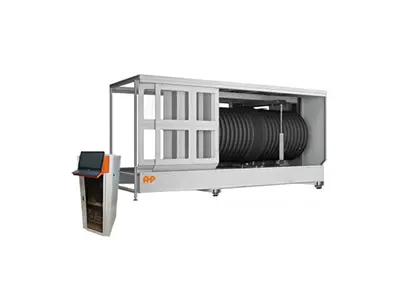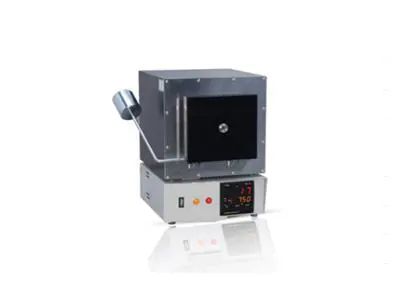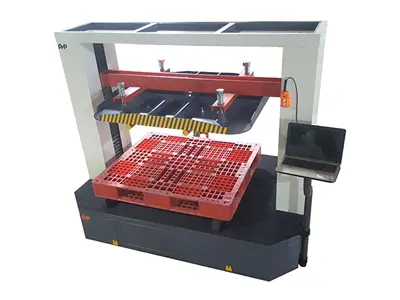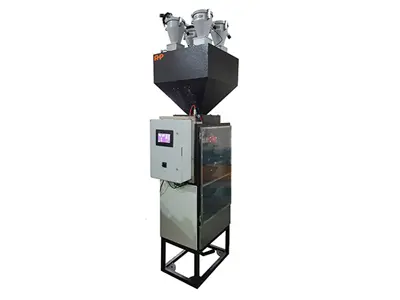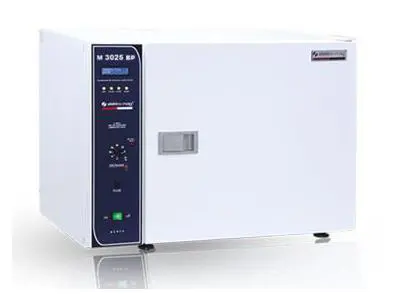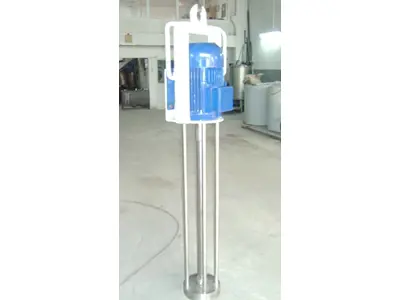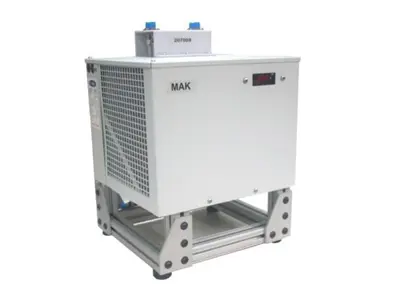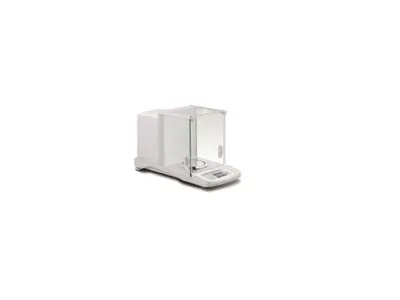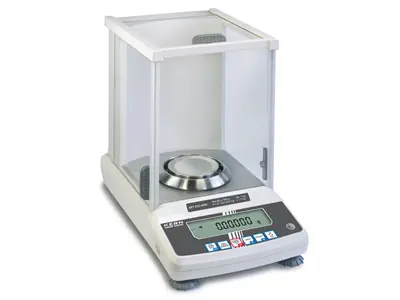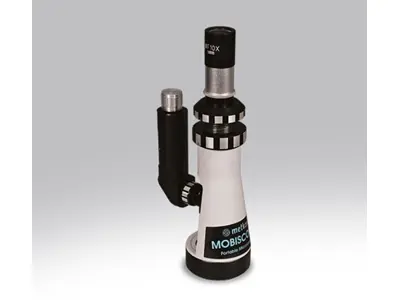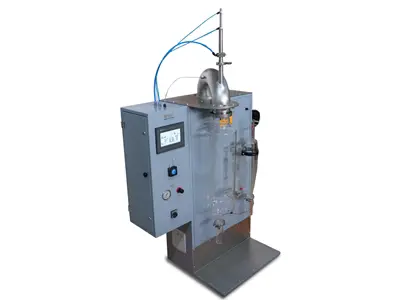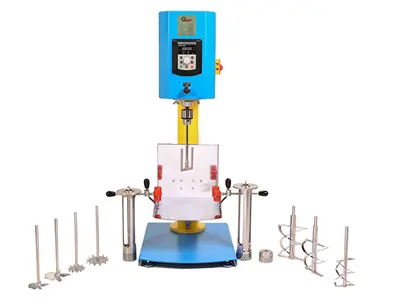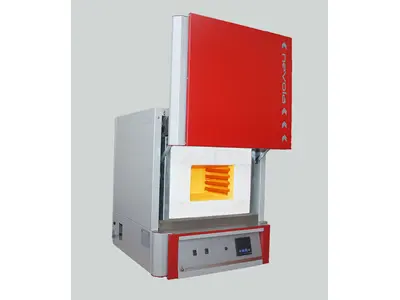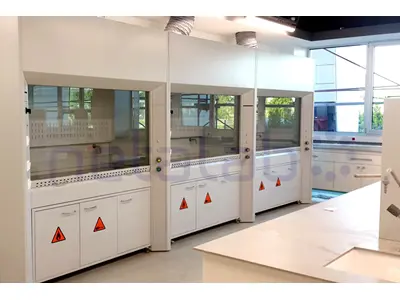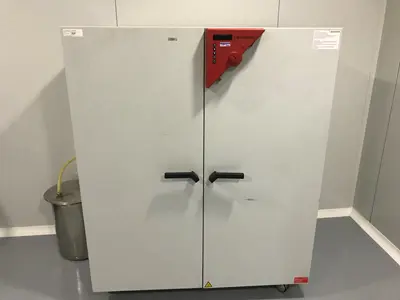Laboratory Equipment
Laboratory equipment, which is an indispensable tool for scientific research and analysis, allows various experiments, measurements, and tests to be carried out with precision. Laboratory equipment, playing an important role in chemistry, biology, physics, and other scientific fields, provides researchers and scientists with accurate and reliable results. Used in a wide range from scientific research to industrial applications, laboratory equipment always requires reliability and precision. Laboratory equipment used for processes such as making precise measurements, conducting sample analyses, and performing various experiments is used in many fields ranging from academic research to industrial tests. Different types of devices such as titration devices in chemistry laboratories, microscopes in biology laboratories, and oscilloscopes in physics laboratories are available. Laboratory equipment varies depending on the research conducted and the type of laboratory. However, there are some fundamental devices that should be present in every laboratory. Among these fundamental devices are microscopes, centrifuges, spectrophotometers, pipettes, and pH meters. Microscopes are used to examine structures at the cellular level, while centrifuges are used to separate samples. Spectrophotometers determine the concentration of samples by measuring light absorbance, pipettes enable precise liquid transfer, and pH meters measure the acidic or basic properties of solutions.
The proper use of laboratory equipment is crucial for the reliability of research results. The user manual of each device should be carefully reviewed, and the specified instructions should be followed. During use, the calibration and settings of the device should be checked regularly. Also, attention should be paid to safety precautions when using laboratory equipment, and necessary protective equipment should be used. Improper use of devices can affect the accuracy of results and can also damage the devices. Regular maintenance of laboratory equipment ensures the long life and correct operation of the devices. Maintenance procedures may vary depending on the type of device, but generally include processes such as cleaning, calibration, and part replacement. Performing maintenance in accordance with the device's maintenance instructions helps prevent malfunctions and preserve the performance of the devices. It is important to have the maintenance of laboratory equipment done by expert technical personnel. Regular maintenance prolongs the life of the devices and ensures uninterrupted continuation of research.
In our laboratory equipment category, there are various products that will meet different needs. Classified into various categories, laboratory equipment serves the specific needs of different branches of science such as chemistry, biology, and physics. There are different types of devices such as titration devices in chemistry laboratories, microscopes in biology laboratories, and oscilloscopes in physics laboratories. Each laboratory device is customized for a specific analysis or experiment type. This diversity allows laboratories to select the most suitable devices according to their specific needs. For example, gas chromatography devices are used to separate organic compounds, while thermal analysis devices are used to examine the responses of materials to temperature changes. When choosing laboratory equipment, the laboratory's needs and budget should be the primary considerations. Technical specifications, ease of use, reliability, and maintenance requirements of the devices should also be taken into account. Additionally, the guarantee and technical support services offered by the supplier are important factors in the selection process. A good laboratory device should be long-lasting, precise, and user-friendly. When making a selection, it is important to consider the calibration requirements and availability of spare parts of the device. This way, the performance and accuracy of the laboratory equipment can be maintained, increasing the reliability of scientific research. When selected and used correctly, laboratory equipment makes a significant contribution to research and analysis processes and lays the foundation for scientific advancements. Discover laboratory equipment from reliable brands with affordable price options on our platform.
Laboratory Equipment Prices
The prices of laboratory equipment vary widely depending on the type, features, brand, and application area of the device. High-technology devices capable of making precise measurements tend to be more expensive. For example, sophisticated devices such as microscopes, spectrophotometers, and gas chromatography devices may be more expensive due to their advanced features and technologies. However, basic laboratory equipment such as pipettes, pH meters, and centrifuges may offer more affordable options. The durability, ease of use, and longevity of the devices are other important factors that affect the price. Renting laboratory equipment is an ideal solution, especially for short-term projects or research with budget constraints. The rental service allows devices to be rented for a specific period instead of purchasing them. This service facilitates laboratories' access to the devices they need and reduces costs. During the rental process, maintenance and technical support for the devices are generally the responsibility of the rental company. This way, laboratories can use high-cost devices without straining their budgets. Additionally, the guarantee, technical support, and maintenance services offered by the supplier are also factors that affect the prices. When determining the prices of laboratory equipment, it is important to select devices that are suitable for your budget, reliable, and best meet your needs. Laboratory equipment prices can be around {price range} on average.
To meet your zero or second-hand laboratory equipment needs, you can buy from reliable manufacturers or authorized suppliers through makinaturkiye.com and also get support from authorized services.




